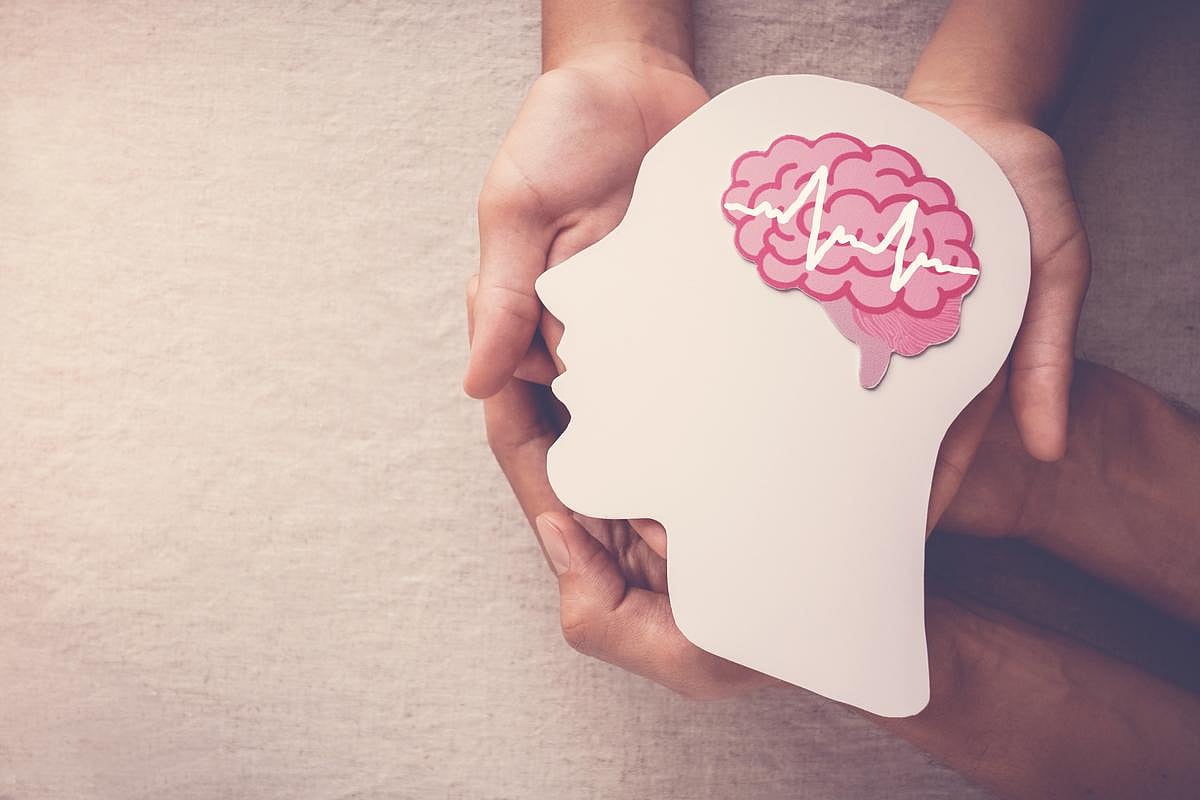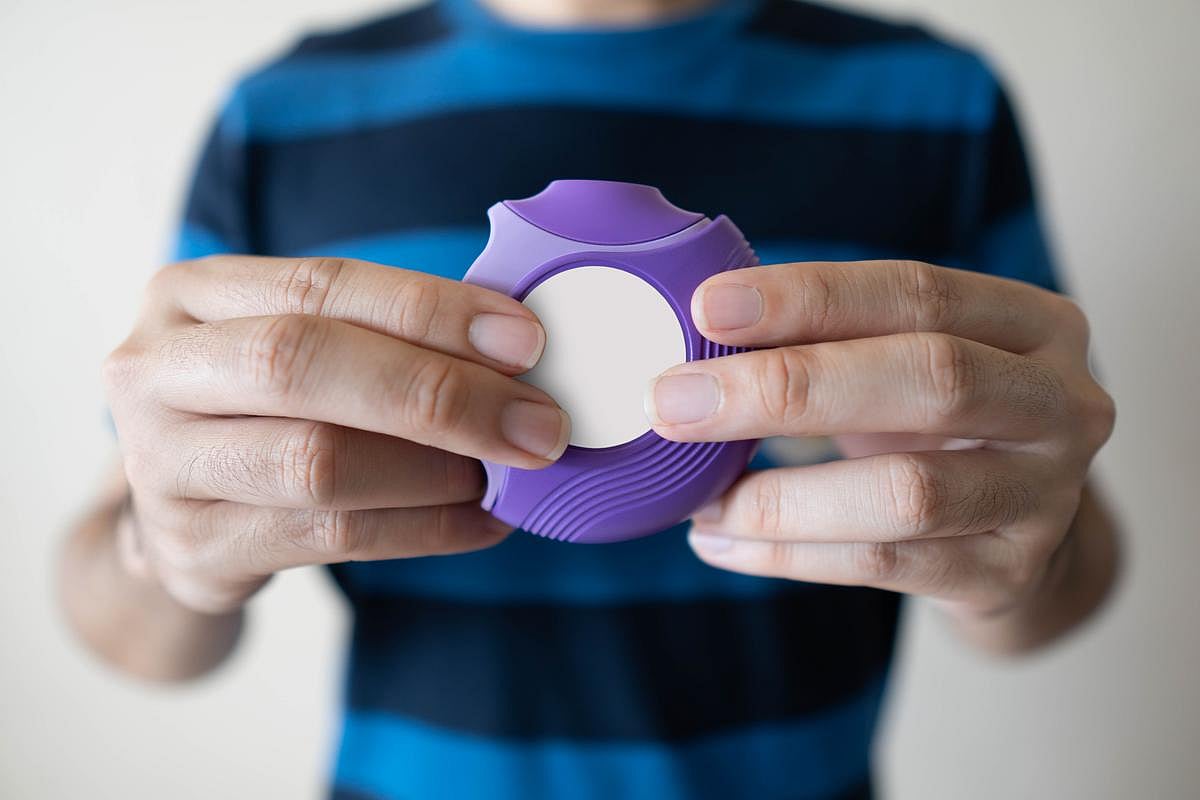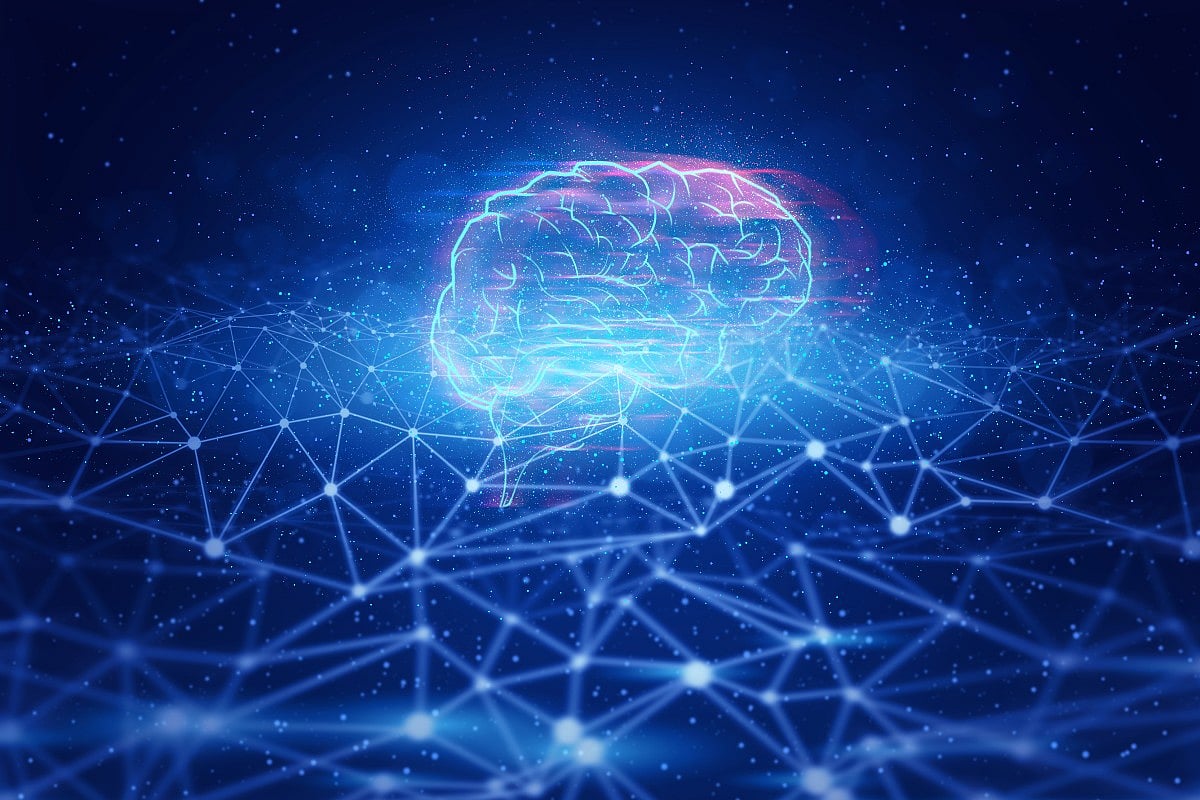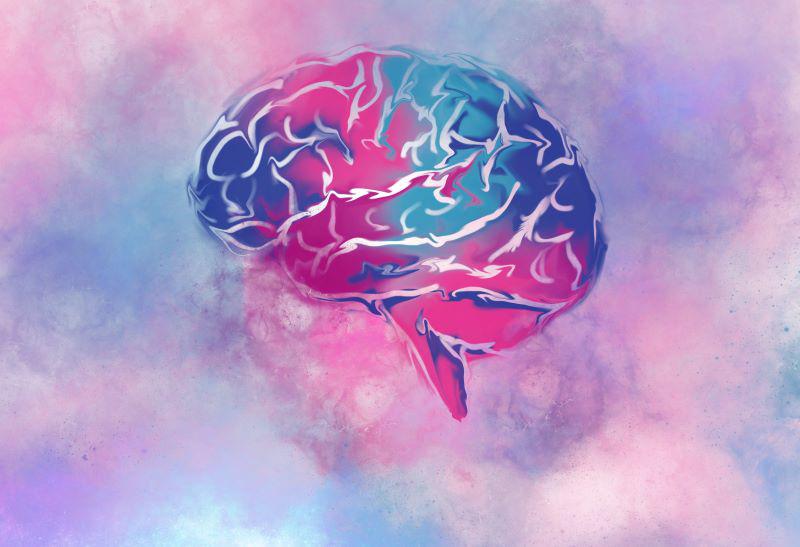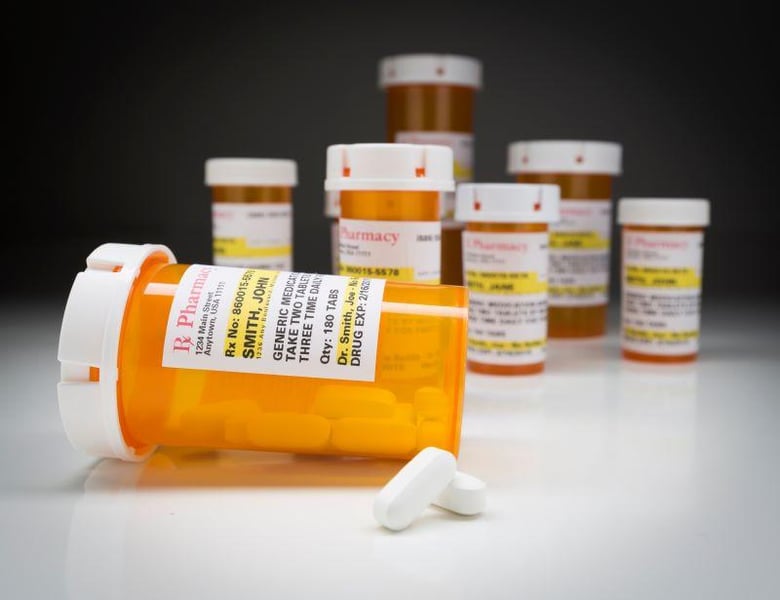Patient Resources
Get Healthy!
Results for search "Epilepsy".
04 Feb
Diabetes During Pregnancy Linked to Higher Epilepsy Risk in Children
A new study finds children exposed to type 1, type 2 or gestational diabetes in the womb have a slightly increased risk of developing epilepsy.
08 Dec
Two New Studies Find Strong Link Between Epilepsy and Depression
Depression not only makes epilepsy harder to treat but may also raise the risk of developing it, new research finds.
Health News Results - 62
AI Can Improve Epilepsy Treatment, Experts Argue
- Dennis Thompson HealthDay Reporter
- December 10, 2025
- Full Page
Artificial intelligence (AI) can help improve treatment of epilepsy by connecting the dots in complex cases, a new study says.
AI helped identify patients with drug-resist...
TikTok Videos Mislead On Epilepsy Care, Experts Say
- Dennis Thompson HealthDay Reporter
- December 8, 2025
- Full Page
Fake clickbait TikTok videos about epilepsy treatments are receiving more views than accurate, evidence-based offerings, a new study says.
More than half of TikTok videos regarding epilepsy featured claims that were false, misleading and potentially harmful, researchers ...
Depression Increases Epilepsy Risk, Makes It Harder To Treat
- Dennis Thompson HealthDay Reporter
- December 8, 2025
- Full Page
People with depression have a more than doubled risk of developing epilepsy, a new study says.
Keto Diet Stops A Young Girl's Epileptic Seizures
- Dennis Thompson HealthDay Reporter
- November 17, 2025
- Full Page
Alana “Lani” Silverberg was a real firecracker with a big personality at age 3 — until she started having seizures.
The sweetheart swiftly turned quiet, cranky, sleepless and fatigued, worn down by her seizures.
“It was every parent’s ...
Epilepsy From Brain Injury Comes With Increased Risk Of Death, Experts Say
- Dennis Thompson HealthDay Reporter
- October 30, 2025
- Full Page
Military veterans who develop epilepsy following a traumatic brain injury might be more likely to die earlier than others with epilepsy.
However, their risk could depend on the cause of their brain injury, researchers reported Oct. 29 in the journal
New Study Offers Hope for People With Drug-Resistant Epilepsy
- Deanna Neff HealthDay Reporter
- October 22, 2025
- Full Page
For the estimated one-third of people with focal epilepsy who don’t respond well to initial medications, new research offers significant reason for optimism.
A study suggests that even those considered "treatment-resistant" may eventually see a substantial re...
Pregnant Women With Epilepsy Not Consulting With Neurologists, Missing Out On Important Care
- Dennis Thompson HealthDay Reporter
- September 17, 2025
- Full Page
Roughly half of pregnant women with epilepsy see a neurologist while they’re expecting, an oversight that could put both mom and baby at risk, researchers say.
About...
It Takes About A Year To Get Epilepsy Under Control For Most, Study Says
- Dennis Thompson HealthDay Reporter
- August 26, 2025
- Full Page
It takes about a year for people with focal epilepsy to start finding some relief from anti-seizure medications, a new study says.
In all, 3 of 5 epilepsy patients (60%) d...
Scalp Implant Improves Real-World Epilepsy Tracking
- Dennis Thompson HealthDay Reporter
- August 14, 2025
- Full Page
An under-the-scalp implant can improve monitoring of a person’s epilepsy, giving doctors data they need to improve control over seizures, a new pilot study says.
Epilepsy patients must now keep a diary to track their symptoms.
But these self-observations are ...
Medicaid 'Unwinding' Cost Kids Access To Asthma Inhalers, Other Chronic Disease Meds
- HealthDay Reporter
- Dennis Thompson
- May 12, 2025
- Full Page
Children and young adults formerly covered by Medicaid are losing access to medications needed to control conditions like depression, schizophrenia, ADHD,
Epilepsy, Anxiety Meds Don't Increase Suicide Risk
- HealthDay Reporter
- Dennis Thompson
- May 1, 2025
- Full Page
A class of drugs used to treat epilepsy, nerve pain and anxiety do not a...
Ozempic Can Treat Fatty Liver Disease
- HealthDay Reporter
- Dennis Thompson
- May 1, 2025
- Full Page
The cutting-edge weight-loss drug Ozempic/Wegovy can stop and even reverse fatty liver disease, a new clinical trial has found.
Powerful MRI Scans Aid Epilepsy Surgery
- HealthDay Reporter
- Dennis Thompson
- March 26, 2025
- Full Page
The first sign of seizures for Amanda Bradbury were auras in her vision that cropped up around age 19.
Then came frequent bouts of anxiety, struggling to maintain focus and follow conversations, forgetting things, and having difficulty speaking or even swallowing.
...
AI Can Guide Surgery For Childhood Epilepsy
- HealthDay Reporter
- Dennis Thompson
- February 27, 2025
- Full Page
Artificial intelligence (AI) might help treat childhood epilepsy by detecting brain abnormalities that are causing kids’ seizures, a new study suggests.
The AI tool, called MELD Graph, found 64% of brain lesions linked to epilepsy that human radiologists had previo...
Newborns With Seizures At Greater Risk of Epilepsy
- HealthDay Reporter
- Dennis Thompson
- February 24, 2025
- Full Page
A baby’s seizure in a neonatal ICU could be a red flag for future risk of epilepsy.
Newborns who suffer seizures following birth are more likely to develop epilepsy ...
One Type of Blood Pressure Med May Help Prevent Post-Stroke Epilepsy
- HealthDay Reporter
- Dennis Thompson
- December 9, 2024
- Full Page
Some people develop epilepsy after surviving a stroke, as the injury they’ve sustained causes scarring and disorganized electrical activity in their brains.
But one type of blood pressure ...
Many Women With Epilepsy Unaware of Seizure Meds' Risks to Pregnancy
- HealthDay Reporter
- Dennis Thompson
- December 6, 2024
- Full Page
Many women with epilepsy who are of childbearing age might not realize their anti-seizure drugs can raise the risk of birth defects or dampen the effectiveness of ...
Newer Epilepsy Meds Safe During Pregnancy, Won't Affect Kids' Neurodevelopment
- HealthDay Reporter
- Ernie Mundell
- December 2, 2024
- Full Page
For decades, it's been known that certain older medications women use to control epilepsy seizures can pose risks to a fetus.
However, data now suggests that no such risk exists for newer-generation anti-seizure meds.
“We need to balance making sure th...
Dad's Epilepsy Med Use Won't Harm His Kids: Study
- HealthDay Reporter
- Dennis Thompson
- September 20, 2024
- Full Page
Would-be dads don’t have to worry that taking the epilepsy drug valproate will result in children with birth defects, a new review concludes.
Valproate,...
Scientists May Have Spotted Way to Predict Seizures
- HealthDay Reporter
- Dennis Thompson
- July 22, 2024
- Full Page
The risk of seizures within the next 24 hours can be predicted by watching for abnormal brain activity patterns in people with epilepsy, a new study finds.
The storm of brain activity that characterized a seizure is presaged by abnormal communication between specific are...
Anti- Seizure Meds Are Crucial, But Can Trigger Severe Reactions
- HealthDay Reporter
- Dennis Thompson
- June 24, 2024
- Full Page
Specific steps can be taken to reduce the risk of potentially fatal reactions to anti-seizure medications, researchers report in a new review.
Performing blood tests, asking patients about risk factors and modifying dosages all can reduce reaction risk for drugs that mil...
Could Blood Pressure Meds Help Prevent Adult Epilepsy?
- HealthDay Reporter
- Dennis Thompson
- June 20, 2024
- Full Page
A class of blood pressure medications appears to also help lower seniors' risk of developing epilepsy, a new study finds.
The drugs, called angiotensin recept...
Will Epilepsy Meds Taken in Pregnancy Affect a Child's Creativity?
- HealthDay Reporter
- Dennis Thompson
- May 30, 2024
- Full Page
Newer epilepsy drugs taken while pregnant won't affect the creative thinking of children, an effect that had been observed in older medications, a new study reports...
Stroke, Migraine, Alzheimer's: Climate Change Will Likely Make Them Worse
- HealthDay Reporter
- Dennis Thompson
- May 16, 2024
- Full Page
Climate change is likely to make brain conditions like stroke, migraine, Alzheimer's disease, epilepsy and multiple sclerosis even worse, a new review warns.
...
ERs Often Missing Epilepsy in Kids With 'Non-Motor' Seizures
- HealthDay Reporter
- Lori Saxena
- May 6, 2024
- Full Page
Two-thirds of kids who suffer a subtle type of epileptic seizure go undiagnosed when they seek emergency room treatment, new research shows.
"We do not know how many people are walking around with seizures that they are unaware of, and we are unaware of," said researcher...
Sleep Apnea Linked With Late-Life Epilepsy
- HealthDay Reporter
- Ernie Mundell
- May 2, 2024
- Full Page
Add one more damaging consequence of sleep apnea to the list: New research suggests it's related to late-life epilepsy.
Late-onset epilepsy is defined as seizures that tend to begin only after the age of 60.
The condition might be related to underlying heart or b...
New Brain Target Key to Easing Tough-to-Treat Epilepsy
- HealthDay Reporter
- Dennis Thompson
- April 17, 2024
- Full Page
Some people with tough-to-treat epilepsy might benefit if doctors target a brain region newly linked to the disorder, a new study suggests.
Common Epilepsy, Migraine Drug Won't Raise Odds for Autism in Offspring
- HealthDay Reporter
- Dennis Thompson
- March 21, 2024
- Full Page
A common antiseizure drug used to treat epilepsy, migraines and bipolar disorder does not appear to increase the risk of autism for kids exposed to it in the womb, ...
Service Dogs May Lessen Seizure Frequency in Folks With Epilepsy
- HealthDay Reporter
- Dennis Thompson
- February 29, 2024
- Full Page
Perhaps by reducing anxiety, a service dog can help reduce seizures in people with tough-to-treat epilepsy, a new study finds.
A group of 25 study participants had an average 31% fewer seizures after months of owning a service dog trained to help people with epilepsy.
Spotting Epilepsy in Kids Isn't Always Easy: Know the Signs
- HealthDay Reporter
- Ernie Mundell
- December 6, 2023
- Full Page
Neurologist Dr. Deborah Holder says she often has parents come to her with kids who've experienced what they call "funny spells."
"Sometimes I start talking to a parent and find out the paren...
Cognitive Decline May Come Earlier for People With Epilepsy
- HealthDay Reporter
- Dennis Thompson
- December 5, 2023
- Full Page
People with epilepsy suffer quicker declines in thinking than people without the brain disorder, particularly if they also have risk factors like high blood pressure or diabetes, a new study finds.
The difference was significant: Over the course of the 14-year study, tho...
Surgery Helps Kids With Drug-Resistant Epilepsy, But Race Could Hinder Access
- HealthDay Reporter
- Dennis Thompson
- December 5, 2023
- Full Page
Black, Hispanic and low-income kids are less likely to receive surgery that can treat their drug-resistant epilepsy, a new study finds.
Researchers discovered that children on anti-seizure drugs who received vagus nerve stimulation were 35% more likely to be alive after ...
Teens With Epilepsy Face Higher Odds for Eating Disorders
- HealthDay Reporter
- Dennis Thompson
- December 4, 2023
- Full Page
Teenagers with epilepsy are more likely to have an eating disorder than those not suffering from the brain disease, a new study shows.
About 8.4% of children ages 10 to 19 treated at a Boston epilepsy clinic had eating disorders, three times the national average of 2.7% ...
Could You Recognize the More Subtle Signs of a Seizure?
- HealthDay Reporter
- Cara Murez
- November 2, 2023
- Full Page
A seizure doesn't always look like what you see in the movies, but a new survey finds most Americans don't know what the more subtle signs of seizures are.
"Anything that interrupts your brain's circuit can cause seizures, from tumors, infections and strokes to high or l...
Experimental Drug Could Rein in Epilepsy Seizures
- HealthDay Reporter
- Steven Reinberg
- October 10, 2023
- Full Page
For people with tough-to-treat epilepsy, seizures can be both frightening and dangerous, but a new experimental pill may bring significant relief to over one-third of them.
Dubbed XEN1101, the new drug reduced the frequency of seizures by more than 50%, or even eliminate...
Seizures While Driving Highlight Importance of Early Diagnosis of Epilepsy
- HealthDay Reporter
- Cara Murez
- June 9, 2023
- Full Page
Before learning they had epilepsy, about 5% of people who have what's called focal epilepsy had a seizure while driving, new research suggests.
"Seizures while driving pose substantial risks for those experiencing them and for others on the road,"said study author
Alzheimer's Genes Might Also Raise Odds for Epilepsy
- HealthDay Reporter
- Cara Murez
- May 25, 2023
- Full Page
People with a genetic predisposition to Alzheimer's disease may have an increased risk of epilepsy, a new study says. And folks with a certain type of epilepsy may have higher odds of developing Alzheimer's disease.
Having Alzheimer's was linked to a 5.3% increased risk...
Neighborhoods May Matter When It Comes to Epilepsy
- HealthDay Reporter
- Cara Murez
- April 20, 2023
- Full Page
For people with epilepsy, living in lower-income neighborhoods is associated with worse mental functioning, new research suggests.
For the study, the researchers looked at the memory, thinking ability and mental health of people with epilepsy, and found differences based...
Fear of Public Spaces Is Common in People With Epilepsy
- HealthDay Reporter
- Cara Murez
- January 30, 2023
- Full Page
Many adults with epilepsy have agoraphobia, or a fear of public places, new research suggests.
That impacts quality of life and is something doctors should include in other screening that looks for anxiety or depression, the investigators said.
"We know that agora...
Black, Hispanic People With Epilepsy Often Miss Out on Latest Meds
- HealthDay Reporter
- Cara Murez
- January 12, 2023
- Full Page
American adults who have epilepsy and are Black or Hispanic are less likely than white adults to be prescribed the latest medications, according to new research.
"While finding the right medication is often a trial-and-error process that is based on the individual, studi...
Severe Seizures Are Rising, Especially Among Minorities
- HealthDay Reporter
- Denise Mann
- December 5, 2022
- Full Page
Growing numbers of Americans are suffering prolonged, life-threatening seizures known as status epilepticus, and Black people are nearly twice as likely to experience these seizures as white people.
These are the main findings from new research looking at hospitaliz...
Vicious Cycle: Epilepsy Seizures Could Encourage More Seizures
- HealthDay Reporter
- Dennis Thompson
- December 5, 2022
- Full Page
Seizures tend to get progressively worse over time in people with epilepsy, and a new study in mice suggests why that might be the case.
Seizures appear to prompt the brains of mice to produce more myelin, the insulating layer around nerve cells, researchers from Stanfor...
Seizures Seem Tied to Faster Decline in People With Dementia
- HealthDay Reporter
- Cara Murez
- December 2, 2022
- Full Page
Dementia patients who suffer from seizures tend to decline faster and die younger, according to a new study that urges caregivers to watch for these sudden brain changes.
"Our hope is that controlling seizures by prescribing antiseizure medications to these patients will...
Cost of Epilepsy Meds Continues to Soar
- HealthDay Reporter
- Cara Murez
- December 2, 2022
- Full Page
Costs for epilepsy medications in the United States are skyrocketing, outpacing inflation and straining federal insurers Medicare and Medicaid, according to new research.
Spending on antiseizure medications more than doubled in eight years for the government insurers, la...
Seizure Risk Rises in Months After COVID
- HealthDay Reporter
- Amy Norton
- November 17, 2022
- Full Page
A bout of COVID-19, even a milder one, may raise the risk of having a seizure in the next six months, a large new study suggests.
Researchers found that of over 300,000 Americans who had suffered a case of COVID-19 or the flu, COVID sufferers were 55% more likely to be d...
Weight-Loss Surgery Linked to New-Onset Epilepsy
- HealthDay Reporter
- Steven Reinberg
- September 29, 2022
- Full Page
Weight-loss surgery can change a person's life and health, but new research warns it might also come with a slight risk of developing epilepsy.
People who had the surgery had a 45% relative increased risk of developing
Could High-Dose Folic Acid Raise COVID Risks?
- HealthDay Reporter
- Sydney Murphy
- September 6, 2022
- Full Page
Folic acid, a B vitamin that's used widely to fortify foods and lower the risk of birth defects, may carry a hidden risk for those who have to take huge quantities of it: A new study shows those folks were more likely to get COVID-19 and to die from it.
"We examined whet...
Pregnancy Can Be Anxious Time for Women With Epilepsy
- HealthDay Reporter
- Cara Murez
- August 18, 2022
- Full Page
Pregnant women with epilepsy battle anxiety and depression more often than their peers who aren't pregnant or don't have epilepsy, a new study reveals.
"The good news is we did not find that pregnant women with epilepsy were any more likely to have episodes of
Cost of Brand-Name Epilepsy Meds Is Soaring
- HealthDay Reporter
- Steven Reinberg
- June 16, 2022
- Full Page
Managing epilepsy is an increasingly expensive process in the United States, with prices of brand-name anti-seizure drugs nearly quadrupling over eight years, a new study finds.
From 2010 to 2018, the cost of brand-named epilepsy drugs, including meds like Vimpat (lacosa...
No Link Between Antidepressants in Pregnancy, Epilepsy in Children
- HealthDay Reporter
- Robert Preidt
- May 12, 2022
- Full Page
There's good news for women with a mental health condition: Taking antidepressants early in pregnancy doesn't increase a baby's risk of having epilepsy or seizures, researchers say.
"The findings of this study are very important," said study co-author Ayesha Sujan of Ind...






